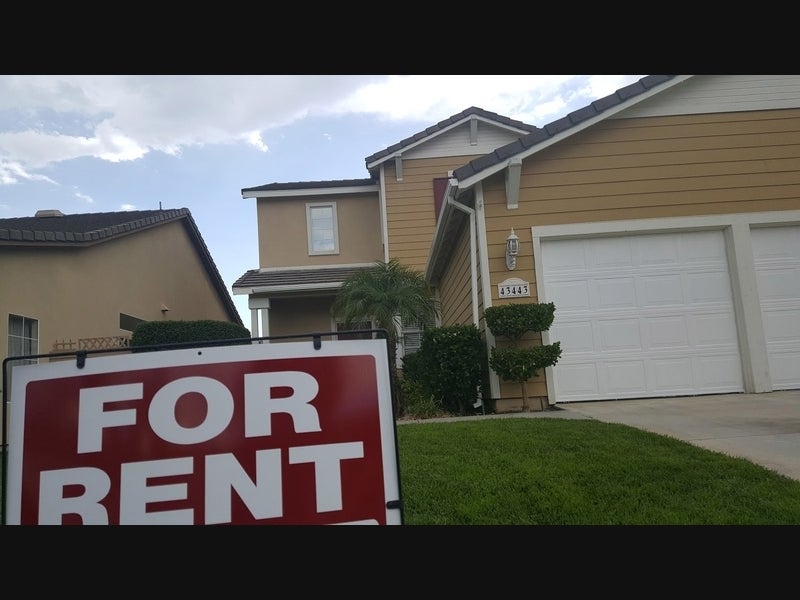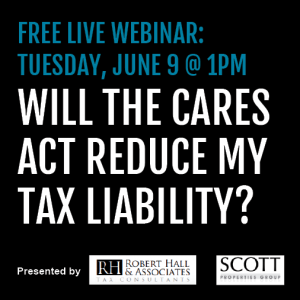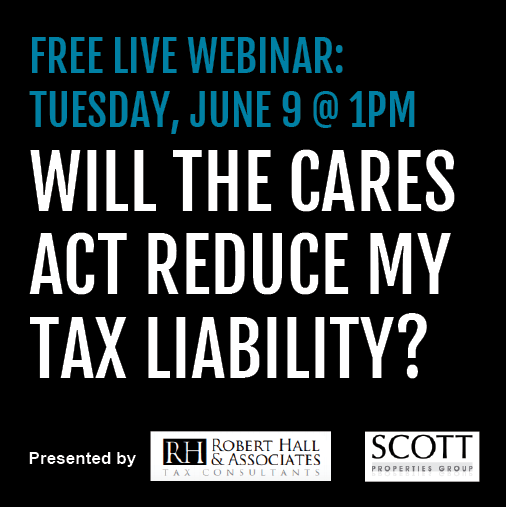LA County Approves $30M In Rent Relief And Extended Eviction Ban
via Patch.com
The Los Angeles County Board of Supervisors voted Tuesday to use $30 million in coronavirus aid to help renters affected by the pandemic.
 LOS ANGELES, CA — The Los Angeles County Board of Supervisors voted Tuesday to spend up to $30 million on rent relief and extended a local moratorium on evictions to July 31.
A motion co-authored by Supervisors Sheila Kuehl and Mark Ridley- Thomas originally recommended pulling up to $20 million in funding earmarked for affordable housing for a new rent relief program. That would have required relaxing a rule set by the board in 2015 that requires at least 75% of $100 million set aside for the Affordable Housing Programs Budget Unit be spent on new housing or renovations.
Supervisor Janice Hahn asked that the motion be amended to raise the amount to $30 million and to draw the money from coronavirus relief funds instead.
Kuehl and Ridley-Thomas -- who accepted the "friendly" amendment -- highlighted the risk of a significant uptick in homelessness due to the coronavirus pandemic.
Read more..
LOS ANGELES, CA — The Los Angeles County Board of Supervisors voted Tuesday to spend up to $30 million on rent relief and extended a local moratorium on evictions to July 31.
A motion co-authored by Supervisors Sheila Kuehl and Mark Ridley- Thomas originally recommended pulling up to $20 million in funding earmarked for affordable housing for a new rent relief program. That would have required relaxing a rule set by the board in 2015 that requires at least 75% of $100 million set aside for the Affordable Housing Programs Budget Unit be spent on new housing or renovations.
Supervisor Janice Hahn asked that the motion be amended to raise the amount to $30 million and to draw the money from coronavirus relief funds instead.
Kuehl and Ridley-Thomas -- who accepted the "friendly" amendment -- highlighted the risk of a significant uptick in homelessness due to the coronavirus pandemic.
Read more..






 Dubbed the WELL Health-Safety Rating, it can be used to rate most property types, including offices, retail, restaurants, schools and hotels, as people begin to return to work and otherwise go out again. The standard will also examine building sanitation, which in a post-pandemic context includes cleaning and touchless surfaces, water quality, waste disposal and other factors.
Dubbed the WELL Health-Safety Rating, it can be used to rate most property types, including offices, retail, restaurants, schools and hotels, as people begin to return to work and otherwise go out again. The standard will also examine building sanitation, which in a post-pandemic context includes cleaning and touchless surfaces, water quality, waste disposal and other factors.


 A newly-erected fence blocks the front of a vacant home that Moms 4 Housing activists occupied during a months-long protest which ended in a court ordered eviction, in Oakland, California on January 28, 2020. - According to city officials, an estimated 4,071 people were living on the street, in shelters or in their cars in 2019 in Oakland, a 47 percent increase in two years. Activists, however, estimate the number is probably higher than 6,000, as many people in the city that has a population of 425,000 sleep on someone's couch or in a hotel and are not included in the official count. (Photo by Philip Pacheco / AFP) (Photo by PHILIP PACHECO/AFP via Getty Images)[/caption]
A newly-erected fence blocks the front of a vacant home that Moms 4 Housing activists occupied during a months-long protest which ended in a court ordered eviction, in Oakland, California on January 28, 2020. - According to city officials, an estimated 4,071 people were living on the street, in shelters or in their cars in 2019 in Oakland, a 47 percent increase in two years. Activists, however, estimate the number is probably higher than 6,000, as many people in the city that has a population of 425,000 sleep on someone's couch or in a hotel and are not included in the official count. (Photo by Philip Pacheco / AFP) (Photo by PHILIP PACHECO/AFP via Getty Images)[/caption]


 FREE - LIVE WEBINAR: TUESDAY, JUNE 9 @ 1PM
Wondering what tax implications it will have on your situation? In this exciting webinar, Tony Watson of Robert Hall & Associates will help you understand what actions you can take now, as well as real life tried-and-true tax strategies used in the real estate industry. Whether you’re an investor, agent, or lender, you will be able to use these tips and tricks to navigate through the 2020 tax year and retain more of your real estate wealth into the next decade!
Topics To Be Discussed
FREE - LIVE WEBINAR: TUESDAY, JUNE 9 @ 1PM
Wondering what tax implications it will have on your situation? In this exciting webinar, Tony Watson of Robert Hall & Associates will help you understand what actions you can take now, as well as real life tried-and-true tax strategies used in the real estate industry. Whether you’re an investor, agent, or lender, you will be able to use these tips and tricks to navigate through the 2020 tax year and retain more of your real estate wealth into the next decade!
Topics To Be Discussed


